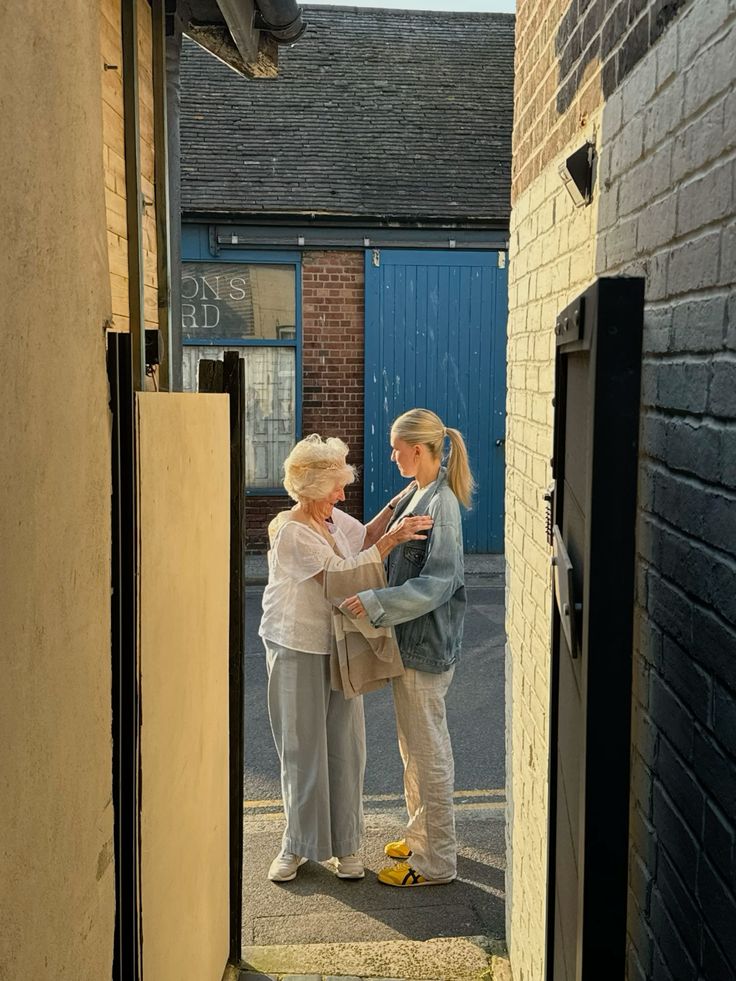How many new clothing pieces did you buy this month? Did you purchase a new backpack for school this year? What version of the iPhone did you update to this year? Where did you purchase the new decor for your room? If you had an answer to any of these questions, welcome to a consumer class of over one billion people and growing.
Consumerism no longer plays the role of being a hobby in your life, but rather directs how you function as an individual. With more shopping malls than high schools according to economist and professor, Thomas Naylor, shopping has become the new pastime – sorry baseball. Consuming is the new way of life, a constant cycle nobody can seem to escape. But why do humans consume so much and is there a way to break this cycle?
With commercials plastered on your television screens and ads following you wherever you go online, it’s impossible to shut out consumerism. As a society we’ve been so engulfed by wanting and buying the newest items, we don’t even see the mental toll it’s taking on us. We believe that buying new clothes, shoes and electronics is the key to what we’ve all been looking for – happiness.
Annie Leonard, critic of consumerism and Executive Director of Greenpeace USA, said, “Consumerism, even when it tries to embrace “sustainable” products, is a set of values that teaches us to define ourselves, communicate our identity, and seek meaning through acquisition of stuff, rather than through our values and activities and our community.”
Over one billion people believe their happiness can be bought by purchasing the newest products. Over one billion people find satisfaction but discover that satisfaction has a short lifespan. Over one billion people cycle back into being dissatisfied, restarting the cycle of consumerism all over again.
In a society where fitting in is a must, buying what everyone else has has become habitual. Family, friends, celebrities and social media influencers impact your consumer actions in subtle ways. With an estimated 2.46 billion global social network users in 2017 according to online publication, The Statistics Portal, it’s hard not to be influenced. Social media is an illusion of perfection, only showing the best in someone’s day. Social comparison has become such a routine, causing us as a society to neglect who we are as an individual.
Psychologist Leon Festinger says, as a society, we engage in social comparison to allow us to assess our individual lives as well as to figure out where we lie on the spectrum within our whole society. We gravitate towards this tendency because we are human. This tendency will ruin self-esteem, especially when we are constantly feeding into consumerism. Comparing ourselves to people we see as better than ourselves – celebrities and social media influencers – is damaging because their lives are often unattainable. What many fail to see is the hidden truth. Author and pastor, Steven Furtick, said, “The reason we struggle with insecurity is because we compare our behind-the-scenes with everyone else’s highlight reel.”
Removing yourself from consumerism along with the social comparison that follows behind, can be tricky but is a process within reach. Ask yourself how many items you’ve purchased something because you saw someone else with it first. You may not have liked the item at first, but with more and more people buying it, you too found yourself at the cash register. Reflect on how many times you eat out because your friends are. How many makeup products have you tried because YouTube influencers promoted them? Reflecting on your actions, purchases and how you view those of a higher status than yourself, is your answer to if and how big of a consumer you are.
The first way to break this cycle is to stop comparing yourself to others. Instead compare your current self to past you, making you see all the progress already made. What goals have you conquered and what accomplishments have you achieved? Many of us look past small successes like a good grade on a test or eating clean for a day because we are constantly comparing ourselves to others. Take a step back from that cycle and examine all the successes you’ve accomplished. If you haven’t yet achieved some of your goals, use yourself today as a benchmark for your growth. Comparing yourself to you will eliminate the harsh cycle of comparing yourself to others.
Be more cautious the next time you’re standing at a cash register. Ask yourself why you are buying the item and if you truly need it. If a friend already has it or you can find it at a thrift store, set the item back on the shelf. Buying less and focusing on what you already have is easier said than done but vital to breaking the cycle of consumerism.
Appreciating your strengths may be easy but loving your weaknesses can be a difficult task. Everyone is a work in progress no matter the amount of perfection they appear to have on social media. Loving your strengths will make you realize how wonderful and talented you truly are, highlighting your accomplishments and successes. Appreciating your weaknesses can be tough but it gives you a chance to focus on areas of your life you want to improve. Recognizing your own weaknesses promotes judging others less because you understand everyone else is growing and trying to improve, too.
Consumerism has become a cycle no one seems to realize they’re in but with taking a few steps back, you can make all the changes and improvements to break the cycle.
Related
Climate Change and The Trump Administration: What Can We Expect?





